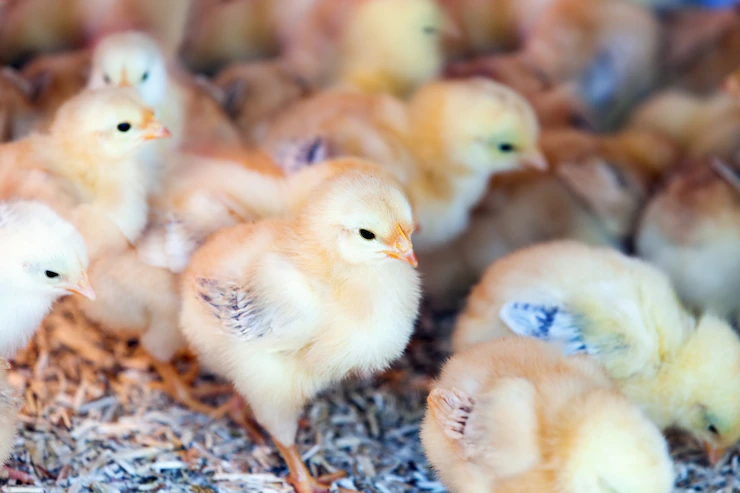Infectious Bronchitis (IB) is a highly contagious viral respiratory disease that affects chickens worldwide, including South Africa. It can cause significant economic losses in the poultry industry due to decreased egg production, poor growth, and increased susceptibility to secondary infections. As a chicken owner, it is crucial to be familiar with the signs and symptoms of Infectious Bronchitis to quickly identify and manage the disease. In this article, we will discuss the common signs that your chickens may have Infectious Bronchitis.
- Respiratory Symptoms: Respiratory distress is a prominent feature of Infectious Bronchitis. Infected chickens may exhibit coughing, sneezing, nasal discharge, and wheezing. You may notice your chickens making gasping or rattling sounds while breathing. Pay close attention to any changes in their respiratory patterns and the presence of mucus or discharge from the nostrils.
- Reduced Egg Production: Infectious Bronchitis can cause a significant decrease in egg production and quality. Affected hens may lay fewer eggs, and those eggs may have irregular shapes, soft or rough shells, or abnormal coloration. The decline in egg production is usually temporary but can last for several weeks.
- Poor Egg Quality: Along with reduced production, Infectious Bronchitis can lead to poor egg quality. The virus can affect the reproductive system, resulting in eggs with thin shells, wrinkled shells, or double yolks. These abnormalities may increase the likelihood of egg breakage during handling and reduce their market value.
- Watery Eyes: Chickens infected with Infectious Bronchitis may develop watery or teary eyes. The eyes may appear swollen or inflamed, and there might be increased tear production. Monitor your chickens for any signs of eye irritation or excessive tearing.
- Depression and Lethargy: Infected chickens often exhibit signs of depression and lethargy. They may appear listless, show reduced activity levels, and exhibit a lack of interest in food or water. Chickens affected by Infectious Bronchitis may isolate themselves from the flock and prefer to rest rather than engage in normal behaviors.
- Reduced Appetite: Loss of appetite is another common sign of Infectious Bronchitis. Infected chickens may show a decreased interest in feed and water. Monitor their food consumption and watch for any significant changes in eating habits.
- Poor Growth: In young chickens, Infectious Bronchitis can lead to stunted growth and reduced body weight gain. Infected chicks may fail to thrive and exhibit delayed development compared to healthy birds of the same age. Monitor the growth and development of your young chickens closely.
It is important to note that the severity and combination of symptoms can vary depending on the strain of Infectious Bronchitis virus and the age and health status of the birds. If you suspect Infectious Bronchitis in your flock or observe any unusual signs, it is essential to seek veterinary assistance or consult with poultry health experts for accurate diagnosis and appropriate management strategies.
Prevention and control are key to managing Infectious Bronchitis. Implementing strict biosecurity measures, maintaining proper hygiene, practicing vaccination protocols, and minimizing stressors can help reduce the risk of infection and the spread of the disease within your flock and the wider poultry community.
By closely monitoring your chickens, implementing preventive measures, and seeking professional advice when needed, you can minimize the impact of Infectious Bronchitis on your flock and maintain a healthy and productive chicken population in South Africa.
Join 'Farmers Mag' WhatsApp Channel
Get the latest Farming news and tips delivered straight to your WhatsApp
CLICK HERE TO JOIN






